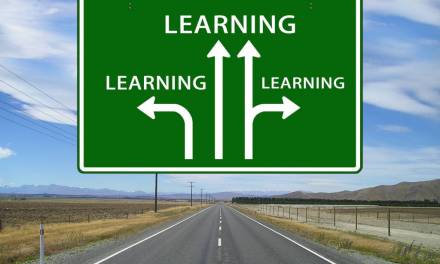For some parents – and students – the role and importance of the offering of extra-curricular activities can be difficult to fully convince that they should be taken full use of to enhance the overall learning experience.
The issue of not embracing the opportunity to take part in extra-curricular activities usually stems from the perception that they are a distraction to the pupil from their academic studies.
The two usual comments from parents are that their son or daughter is struggling in the classroom and so extra-curricular activities are less worthwhile, or that they feel their child should be concentrating on academic achievement and to the exclusion of everything else.
The overall voice heard when these issues are raised are that they are a waste of time which is already precious and that they are arriving home too late to be then concentrating on their homework.
The reality is that academic work and extra-curricular activities blend together to complement one another and the end result is a student gains social skills, has improved physical and mental health and is a well-rounded young adult. There are a huge range now of extra-curricular activities to join and there really is something for all students – whatever their personal interests.
These range from different sports, Girl Guides or Scouts, becoming involved in the school council, music and theatre productions and clubs such as chess. Many also have access to opportunities to take part in groups such as Sea Scouts or Army Cadets and some may become involved in more than one if they feel they want to explore a number of avenues.
How extra-curricular activities are of benefit
Taking part in extra-curricular activities helps to develop all aspects of the life of the student. One-dimensional pupils are not the desired outcome of any school and being part of athletic groups or sports teams can help with academic success for those want to study sport at university. There are many pupils who take this route combining sport and qualifications and as well as gaining a place at a UK-based HE location, there are also those who are offered athletics scholarships at American universities.
Studies in this area have listed and evidenced the benefits of taking part in extra-curricular activities; the most important perhaps is that combining both aspects of school life often leads to improved academic grades. This is because these students have raised levels of self-esteem, more motivation in general and learn about time management. This leads to organised classroom work, a decrease in poor behaviour and sense of belonging.
Extra-curricular activities offer skills which would not form part of their academic studies such as social skills, critical thinking and teamwork. Leadership can be taught and these are all skills which will help in the next stages of their life as well as when they enter employment.
Universities are also placing an emphasis on showing an interest in the overall lifestyle of students they are looking to offer places to and many now ask about what they can offer as well as excellent academic qualifications.
Overall then, both parents and students can understand how important extra-curriculum activities are in the blend of learning as a combination of diversifying skills and enhancing interests. From this then society will benefit as well as the premise that there are a number of careers which can be built from a hobby.









